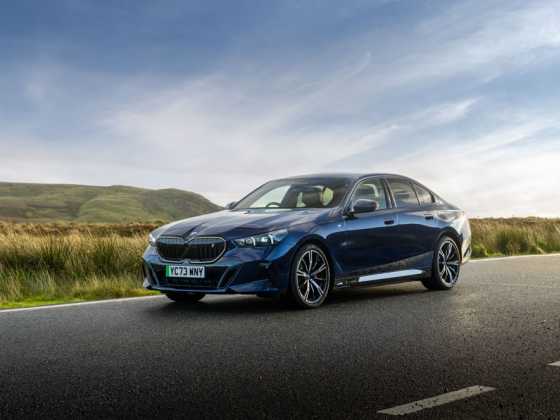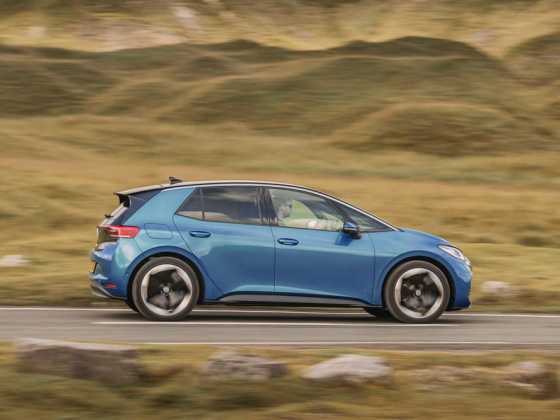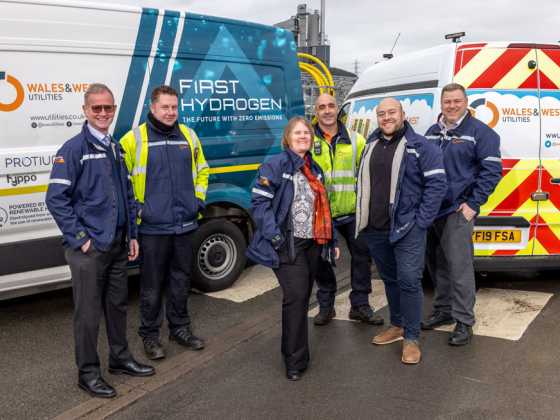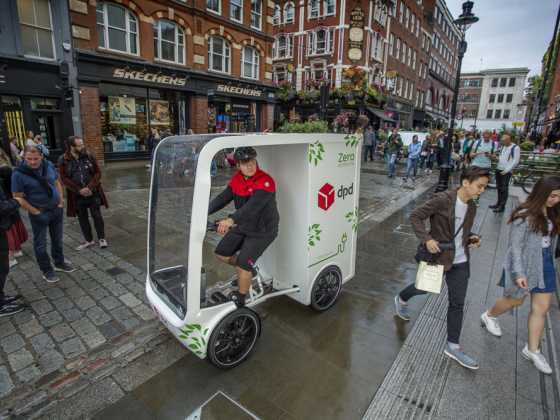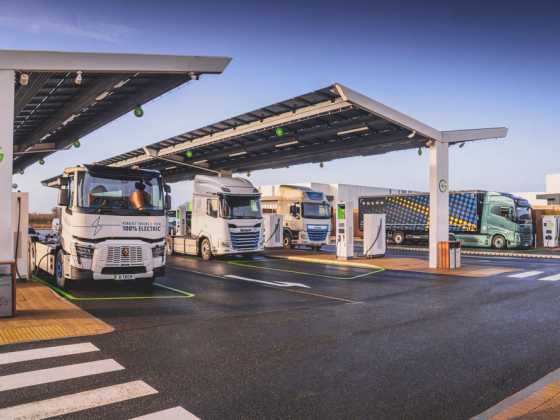Roundtable: The future of electric vehicles
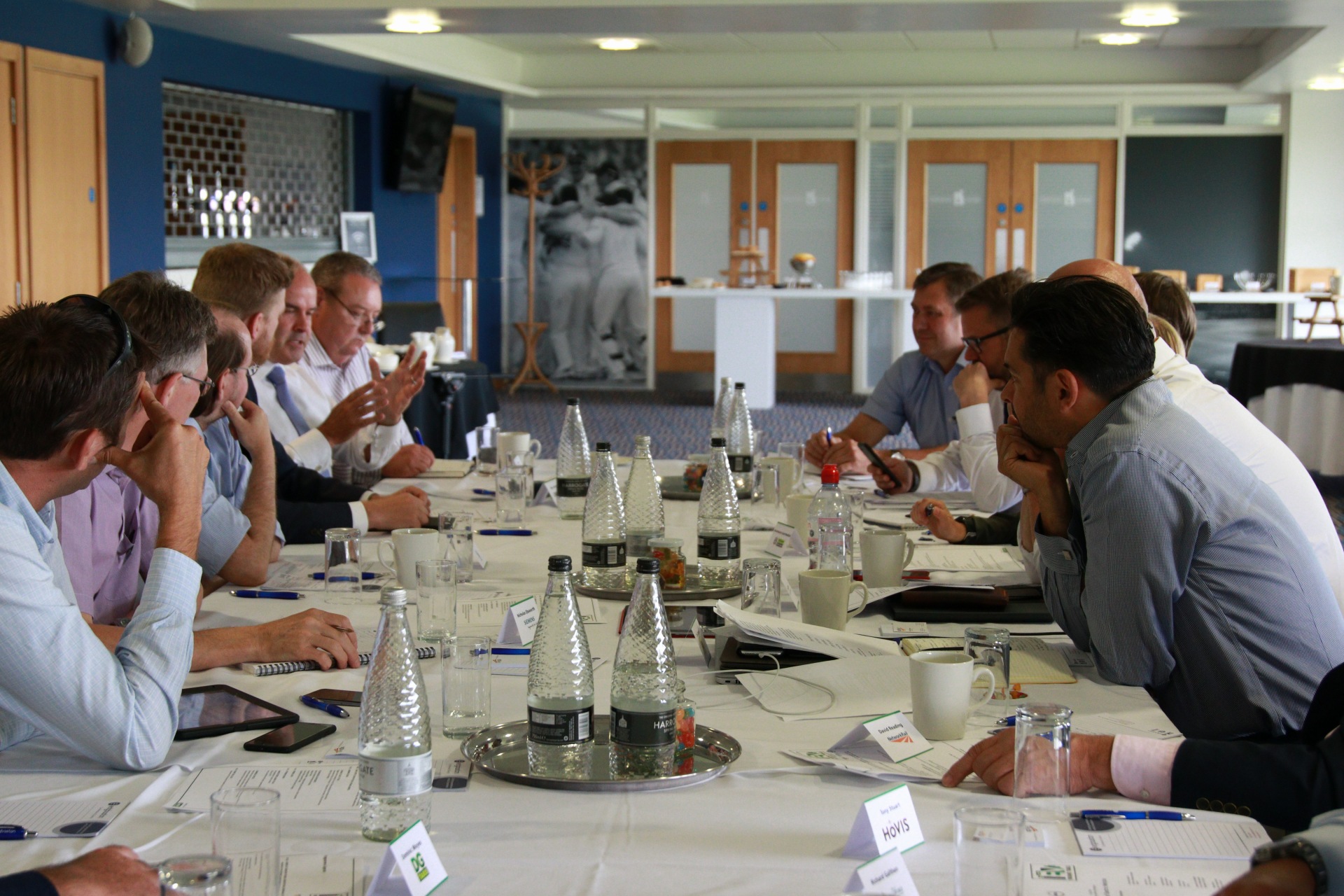
There is massive potential for adopting electric vehicles, but there are genuine barriers to overcome and myths that need busting. This was the message that came from GreenFleet’s roundtable on the Future of Electric Vehicles, held on 17 July at Edgbaston Cricket Ground
How we move people and things around this country has changed little over the last century. Whilst it is true that we have moved from horse drawn carriages to petrol and diesel internal combustion engines, a transport revolution is little more than a pipe dream. Or is it?
Following a number of emissions scandals and an increasing awareness of the damage that poor air quality does, vehicle manufacturers have been working hard to develop new models and drivetrains to improve their tarnished reputations and reduce vehicle impacts on communities.
The internal combustion engine, which powers the vast majority of the almost 38 million vehicles on Britain’s roads, is significantly more efficient than in years past, which has reduced emissions and contributed to greater fuel efficiency. Along with government “carrot and stick” policies to incentivise the uptake of clean vehicles and punish those that choose to drive polluting diesels and inefficient gas guzzlers, the prospects for change are good, but more needs to be done and the collective view of the roundtable forum was that collaboration is key to speeding up positive change.
The Roundtable was sponsored by sgfleet, the bespoke leasing company, Siemens, the digital pioneers that add value to the power and automation supply chain, and Volvo, the world renowned vehicle manufacturer.
The roundtable was attended by representatives from local authorities, businesses and suppliers, all of whom had some experience of utilising electric vehicles within their operations. The discussion was chaired by me, John Curtis, a motoring journalist and specialist in low emission transport.
Overcoming barriers
The early discussion quickly reached the conclusion that there is massive potential for cleaning fleets and reducing emissions but there were some genuine barriers to adoption and some myths that still need busting.
Steve Beattie, head of business sales for Volvo set out clearly the future for his company: “Every new car launched by Volvo from 2019 will have some form of electric element to the drive train.” Steve went on to say that Volvo have set a target of selling one million electrified cars by 2025, 50 per cent of which will be fully electric.
Volvo were the first major car manufacturer to commit to their car range being in some way electrified and this has been a shot across the bows of the competition. What Steve conceded though was that the right infrastructure needs to be in place and whilst that happens, many will plump for mild and plug-in hybrid before making the leap to fully electric cars.
Volvo also has links to the London Electric Vehicle Company that utilise the XC90 platform for the new electric black cabs. With 28,000 black cabs in London this is a significant and exciting development for the UK.
Reaching the point of no return
There is that old adage, build it and they will come, but the rate of transfer to electric vehicles has been slower than many had hoped for.
However, Dave McDonna, UK sales manager for sgfleet is seeing a tipping point as more enquiries are received from fleet managers exploring new technologies, ways of reducing benefits in kind tax for drivers, and leasing as a way of de-risking their investment. “We are seeing more people want to have tests of electric vehicles and install telemetry to truly understand where electric vehicles can work for them,” he said. The information gleaned from the onboard telemetry can then be used to build the business case for electric vehicles. Using real world data, specific to the routes and operations of each company results in a personalised and bespoke overview providing all the information required to make informed buying decisions. Dave said: “Local authorities and universities are leading the way, as are those businesses where low emission zones are being set up and operated.”
One of the issues that is raised time and again is range anxiety, the fear of the battery power running out before the driver reaches their destination. Whilst this is a genuine anxiety felt by most new electric vehicle users, it is quickly overcome through driver experience and a little bit of planning.
Dominic Moyes, sales director for DG cars, a Nottingham taxi company illustrated the point well. He said: “It’s been an incredible challenge to introduce electric vehicles into the taxi fleet. We bought cars, visited other operators in Newcastle and Dundee and looked at their infrastructure, but naively didn’t look at the infrastructure in Nottingham. The vehicles sat idle for about a year, we incentivised the drivers, reduced their costs and some drivers took them to do up to 150 miles a day. We have now bought some 40kwh Nissan LEAFs and they are a game changer.”
Jargon causing confusion
Dominic hit the nail on the head when he said that the industry is filled with technical jargon and people that don’t speak a simple language that anyone can understand, and this will slow progress. There is a lot of confusion out there.
With approximately one thousand taxis on the road, Dominic said that DG wants to be seen as forward thinking especially when bidding for public sector contracts where increasingly environmental impacts are given great weight. DG was also keen to reduce carbon emissions and keen to take advantage of marketing opportunities as a clean taxi company.
One of the major challenges was the lack of charging infrastructure but over time and working with Nottingham City Council this has improved, to the point where Nottingham is now a Go Ultra Low City and been in receipt of in excess of £6m to introduce over 200 charge points and a 45 mile stretch of lanes for ultra low emission vehicles and buses.
Quite where those chargers are placed for maximum use and utility is often a tough decision made by individuals doing the best they can but often feeling ill informed and unsure of how to get best value for money.
Trends
Tim Cooper, Business Development Director for the AA brought to the table some very interesting stats from the AA’s monthly member survey, which asks a wide range of questions of its members. The results showed that 85 per cent of members say there are not enough chargers; 75 per cent say electric vehicles (EV) don’t go far enough (range anxiety); and 76 per cent say they are too expensive. What’s more, 66 per cent say that an EV takes too long to charge and
67 per cent say there is not a sufficient variety of vehicles to choose from.
Jason Stonier from Siemens explained that Infrastructure is key to overcoming range anxiety and that the suite of data systems and equipment that Siemens provide has helped many businesses to reach the right decision for them and make the best procurement and operational decisions.
Jason said: “Increasingly people are not buying a car, they are buying mobility, and the younger generation, especially, don’t care how they get it”.
What we need to see is a simplification of the current situation of multiple chargepoint providers and operators and a system of interoperability which means you use one card to pay for any mode of transport and payment in order to be mobile. It is desirable to use contactless payment and possibly app based access to reserve chargers, pay and monitor your account.
Siemens continue to deliver major infrastructure projects for public charging, despite 80 per cent of charging taking place at home or work. Jason went on to say “public chargers give people confidence but within two weeks of owning an EV, range anxiety disappears completely”.
BP have recently announced an intention to buy Chargemaster, the UK’s largest public charging network, and this will place charging infrastructure on the forecourt of most towns, cities and roads in places that we all visit now, normalising the charging process. This supports the view from Siemens that as businesses consolidate, mobility may become the service people seek rather than the current disjointed offering from multiple suppliers.
What has yet to be addressed however, is the potential problems electric vehicles may cause the power networks if usage causes spikes in demand. However, the consensus was that with Smart Grid technology,
able to take and return power from the national grid and renewable sources, much of the fear about the lights going out when everyone plugs in their electric car is hype.
Often getting power to a site in order to install chargers can be a practical challenge and also a costly exercise as Nottingham Council has discovered, which adds cost and delay to an already challenging project.
What came out loud and clear from the first part of the day was that collaboration and information sharing is critical to overcoming both perceived and real hurdles.
Customers, be they individuals or businesses, find it difficult to get impartial, accurate advice and support to enable projects to be delivered effectively and efficiently. In order to shorten the introduction time and smooth operations it was agreed that working together across business and the industry is key.

